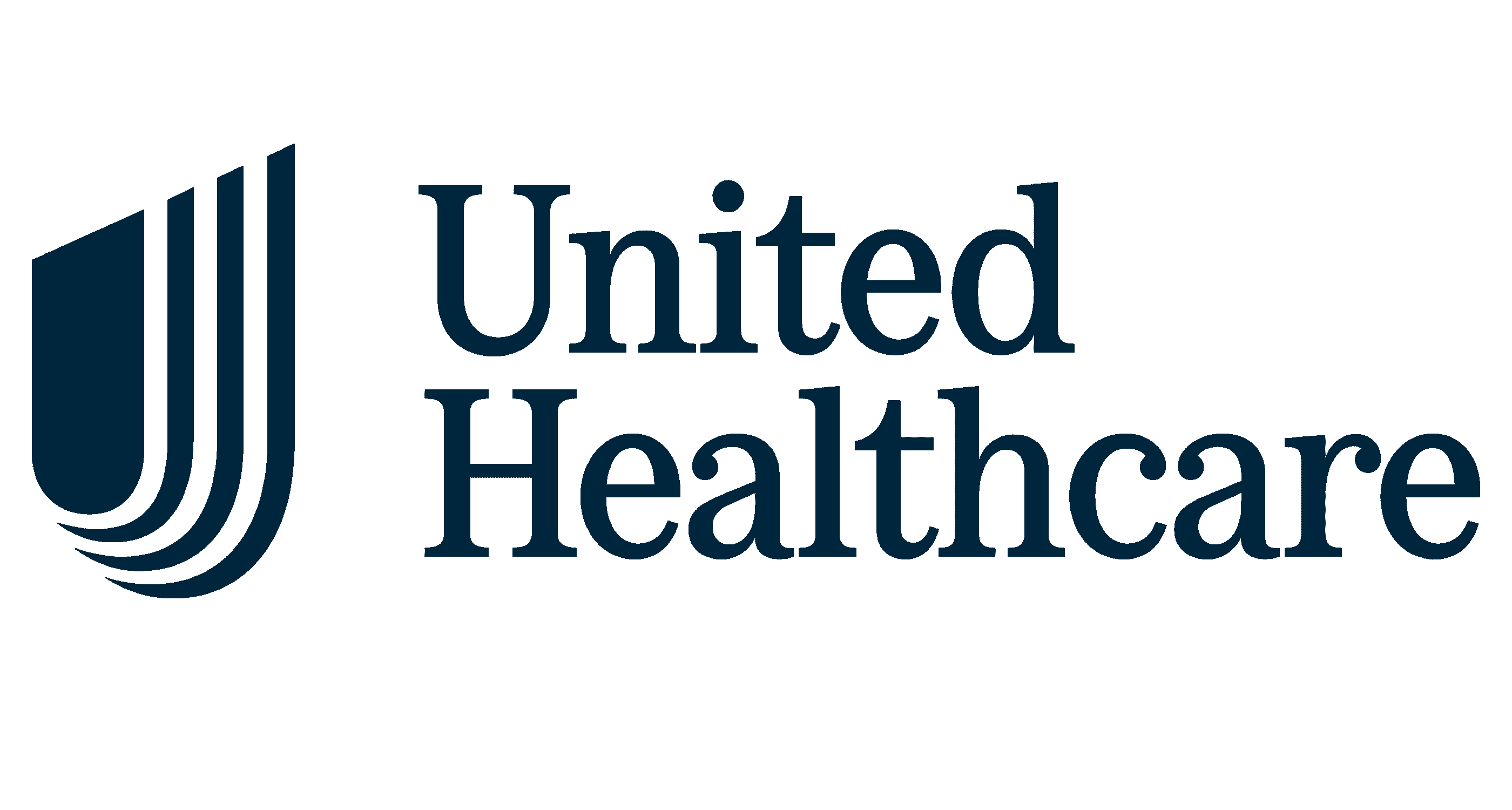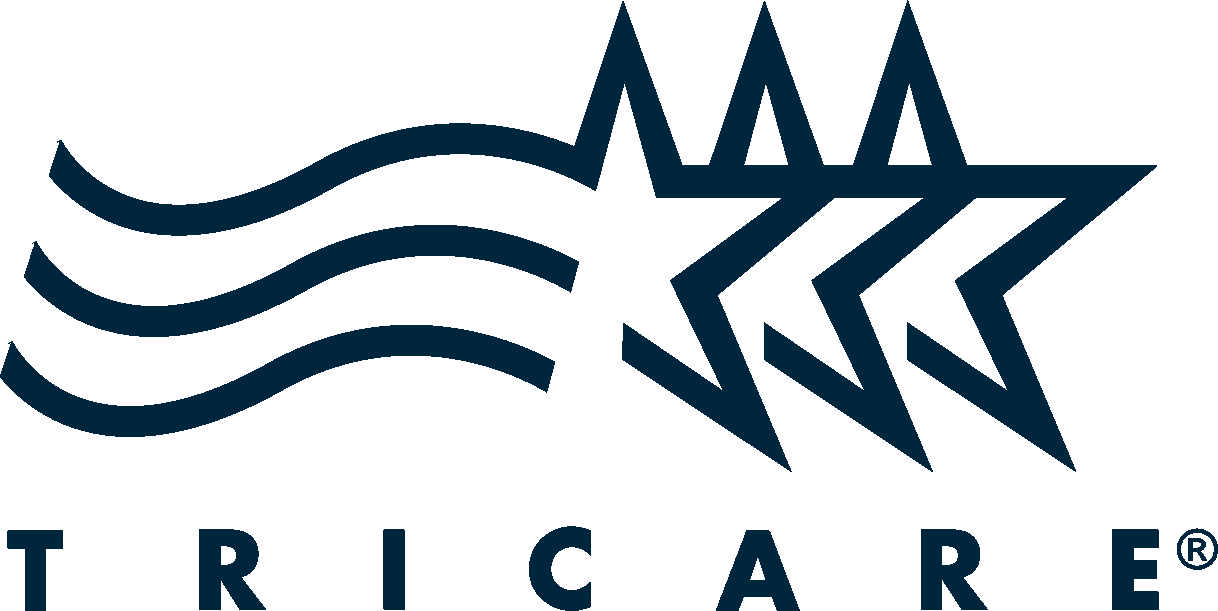Find Your Way, Find Yourself
Drug and Alcohol Rehab for Young Adults
Discover Who You Can Be in Recovery
Young adulthood is a truly distinct period in a person’s life. Energy levels are higher, and emotional experiences are more intense for young adults. Substance use often leaves a young person mentally consumed, emotionally distant, and spiritually empty. At Cornerstone of Recovery, you can find stability and support you need to overcome addiction and move forward into adulthood with our addiction rehab program for young adults.
Addiction Treatment Designed for those in Emerging Adulthood
Cornerstone of Recovery understands that those aged 18 to 25 are at the intersection of adolescence and adulthood and, when struggling with substances, need addiction treatment tailored to the specific challenges they face. In our Young Adults Program, our skilled team addresses issues like high-risk taking, experimentation, reduced responsibility, frequent changes in work, school, and relationships, and the tendency to view themselves and the future without optimism.

One Call Can Change Everything
We’re here for you. Recovery advisors are available 24/7.
Your Sobriety, Your Way: A Spectrum of Therapeutic Options
Treating Addiction in Young Adults
We created our Young Adults Program to help young people find a path to a successful, drug-free life. Our dedicated team includes nurses, psychologists, and master’s level counselors, all committed to crafting a personalized therapeutic plan for our patients.
Residential Treatment Programming at Cornerstone Offers Multiple Clinical Modalities
Cognitive Behavioral Therapy
Dialectical
Behavioral Therapy
Chronic Pain
Management
EMDR
Motivational Interviewing
Medical Detox
Acceptance &
Integration Therapy
12-Step
Study
Addressing the Issues Preventing Young Adults from Long-Term Recovery
Our research-based approach to rehab customizes traditional programs to address the five main aspects of emerging adulthood, helping our patients address the age related issues that are often preventing them from finding long-term recovery.
Common Roadblocks to Recovery for Young Adults:
-
-
- Exploring identity
- Dealing with instability
- Focusing on oneself
- Experiencing a sense of being in-between
- Exploring possibilities
-

step
At Cornerstone of Recovery, our commitment to your well-being extends beyond the completion of your residential treatment. We provide a range of options to keep you connected with our recovery community, ensuring ongoing accountability and support.
Outpatient Addiction Treatment
From PHP to IOP to group and individual therapy sessions, Cornerstone offers Outpatient Addiction Treatment Programs at every level to meet you wherever you are. We offer convenient morning and evening therapy sessions, helping you stay engaged in home and work responsibilities while participating in treatment.
Cornerstone Alumni Community
The Cornerstone Alumni Program offers fellowship and support through a strong community of peers and friends in recovery, helping to bridge the gap between treatment and a rewarding life of sobriety through resources, advocacy, and opportunities for social connection.
Aftercare Program & Recovery Coaching
You will have the opportunity to participate in support groups led by a dedicated Cornerstone facilitator for two years after completing one of our clinically-proven addiction rehab programs.
Our Residential Treatment Campus
Located just outside Knoxville, TN, our residential addiction treatment campus was designed for recovery. Modern architecture, set within the stunning natural views of the Little River and Great Smoky Mountains, offers a peaceful setting to focus on sobriety.
Our Residential Treatment Campus
Located just outside Knoxville, TN, our residential addiction treatment campus was designed for recovery. Modern architecture, set within the stunning natural views of the Little River and Great Smoky Mountains, offers a peaceful setting to focus on sobriety.
INSURANCE
We are in network with most insurance providers, including Blue Cross Blue Shield, United Healthcare, Humana, Aetna, TRICARE, and Veterans Community Care programs. Contact us for a free insurance verfication to find out what benefits are available through your plan
Discover a New Way of Life
“Cornerstone introduced me to a new way of life and 12 step recovery. My life now is so much more than I could have ever imagined and I have Cornerstone to thank for it. I am so grateful for the experience, the tools and life-long sober friendships that I gained from Cornerstone.”
-John H., Cornerstone Alumnus
Discover a New Way of Life
“Cornerstone introduced me to a new way of life and 12 step recovery. My life now is so much more than I could have ever imagined and I have Cornerstone to thank for it. I am so grateful for the experience, the tools and life-long sober friendships that I gained from Cornerstone.”
-John H., Cornerstone Alumnus
Contact Us Now
A fulfilling sober life is just a phone call away. Pick up the phone and begin your recovery with Cornerstone.
For more information or immediate confidential help, please call us anytime, 24 hours a day, 7 days a week.







